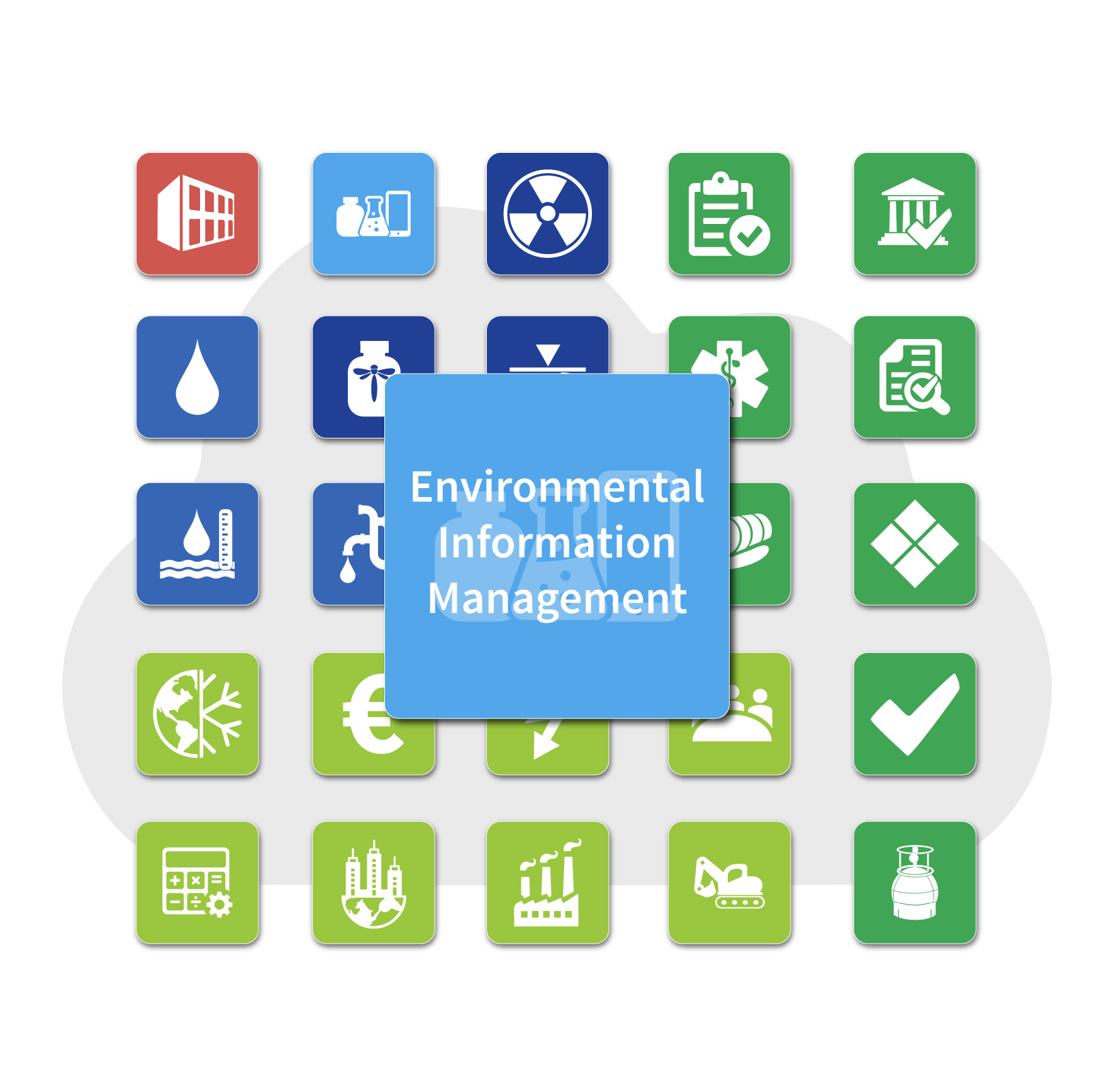Environmental Information Management
Locus environmental information management (EIM) software handles the most complex data without being complicated
While ESG software produces summaries of sustainability efforts and EHS software drives compliance activities, EIM software gives you the reliable metadata to provide solid footing for both. Think of environmental information management software as the robust science-based engine that enables eco-initiatives to succeed.
Locus provides flexible environmental information management software to handle the most challenging data and calculations. Whether our clients are boring soil, testing air quality, probing fish flesh, or assessing concentrations of PFAS in water, their field and analytical data is managed by Locus EIM software. From sample planning to pixel-perfect reporting, and every chart or GIS map in-between, Locus is the most robust environmental information management software on the market. And we’ve been the trusted powerhouse since 1999 — helping Fortune 500 companies, water utilities, and the US Department of Energy.
Locus manages over 1,633,446 worldwide locations and 521,066,297 analytical records in real time.
1,633,446
Worldwide Locations
521,066,297
Real-Time Analytical Records
Did you know?
Locus is the only software company that supports the complete spectrum of environmental data alongside scientist-grade formulas, analysis, mapping, compliance, and reporting tools within a configurable framework.

